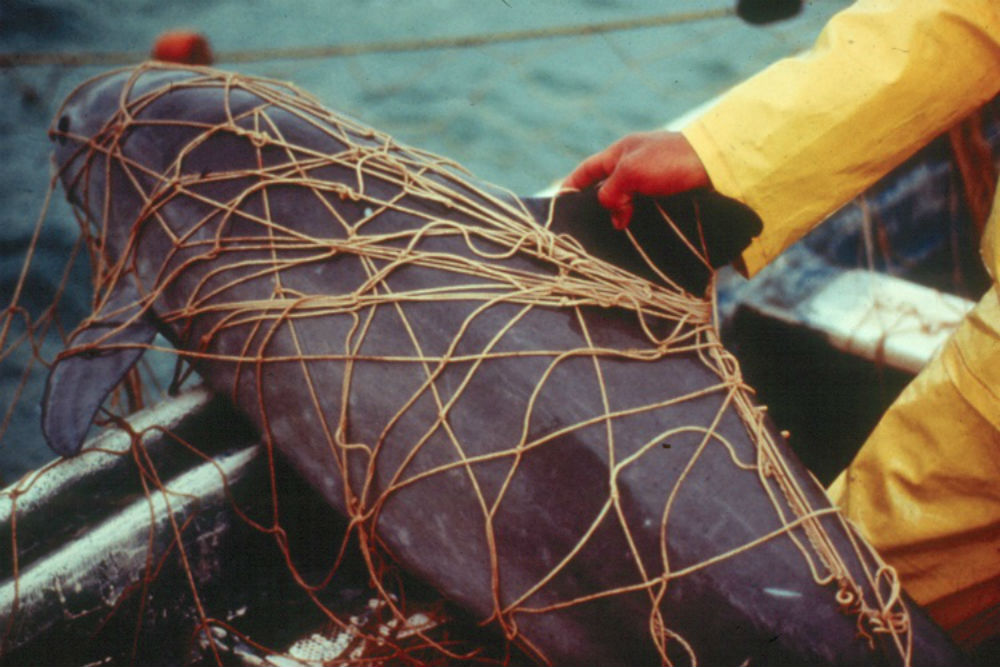One of the world’s most endangered animals could face extinction within a year if illegal fishing nets continue to be used, researchers at the University of St Andrews have warned.
Numbers of the rare vaquita porpoise, which only lives in the upper Gulf of California in Mexico, may now have dropped to less than ten according to research published today in Royal Society Open Science.
Estimates had put the world-wide population at just 30 in 2016, but despite the Mexican government banning the gillnet, which causes the porpoises to be killed as a bycatch, illegal fishing has continued.

Ten dead vaquita have been found since then, with all deaths (where cause of death could be determined) caused by drowning in gillnets.
Professor Len Thomas, Director of the University’s Centre for Research into Ecological and Environmental Modelling (CREEM), was invited to participate on an international expert panel of ecological statisticians to analyse the data.
He said: “The ongoing presence of illegal gillnets despite the emergency ban continues to drive the vaquita towards extinction. Immediate management action is required if the species is to be saved.”
Studying recordings of echolocation clicks by the vaquita, which are made via a large grid of acoustic sensors spread out over the water the mammals inhabit, allowed researchers to estimate the decline of the species.
Their studies have shown alarming declines in numbers of the mammals – by 98.6 per cent since the current monitoring study began in 2011, and by nearly 50 per cent each year since the 2016 study.
The researchers’ best estimate is that there were nine animals remaining at the end of the last acoustic survey in August 2018.
